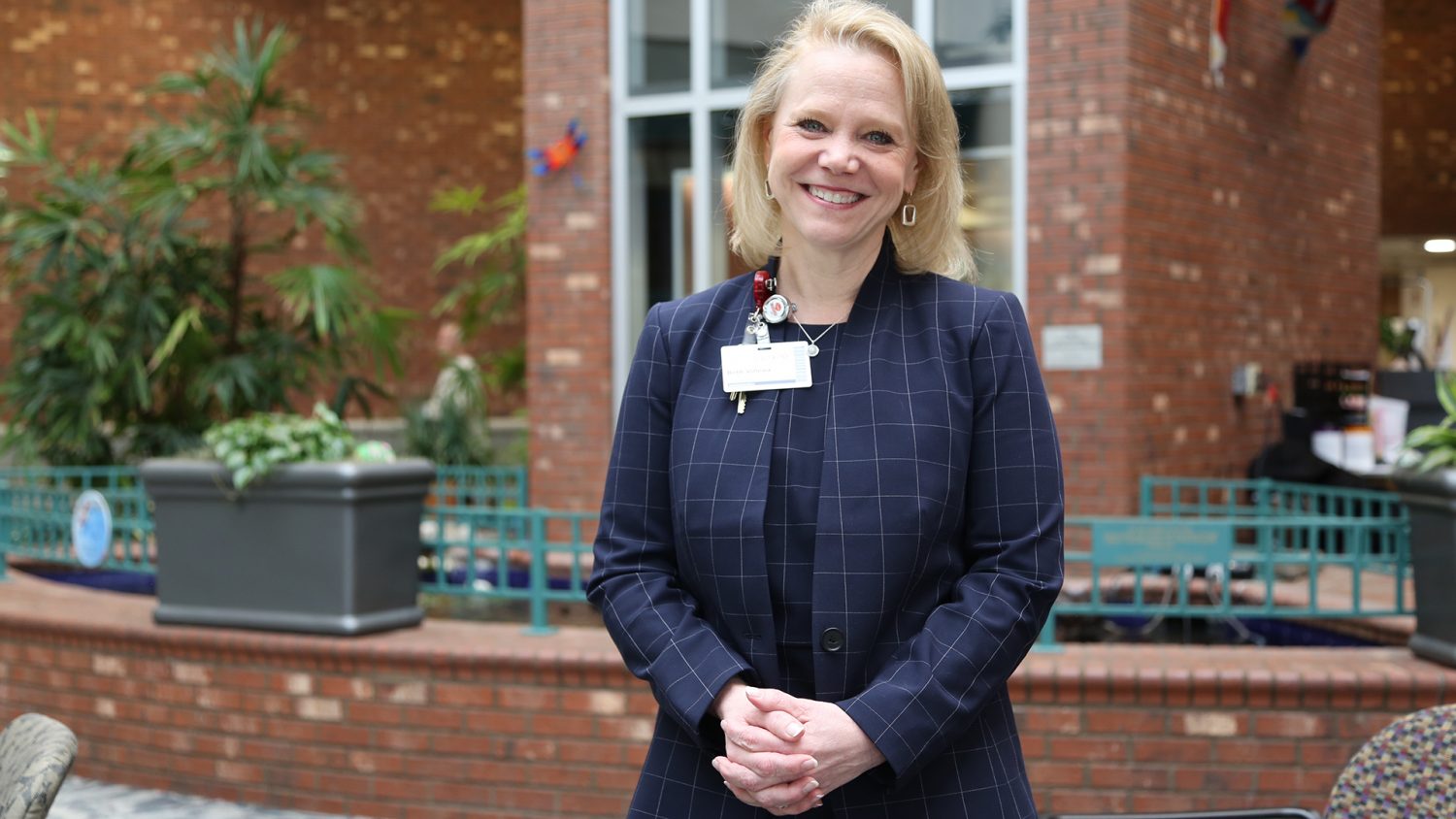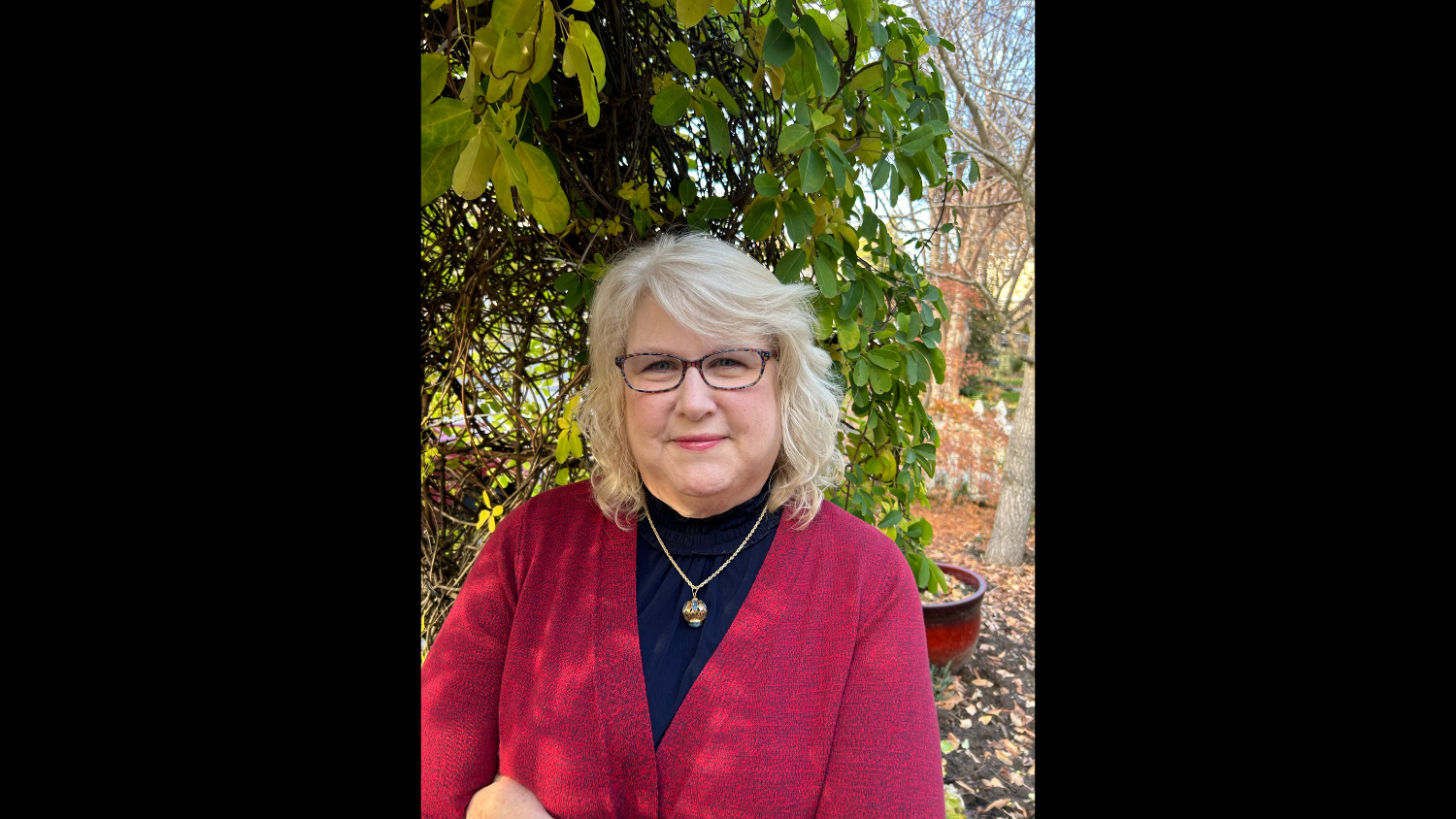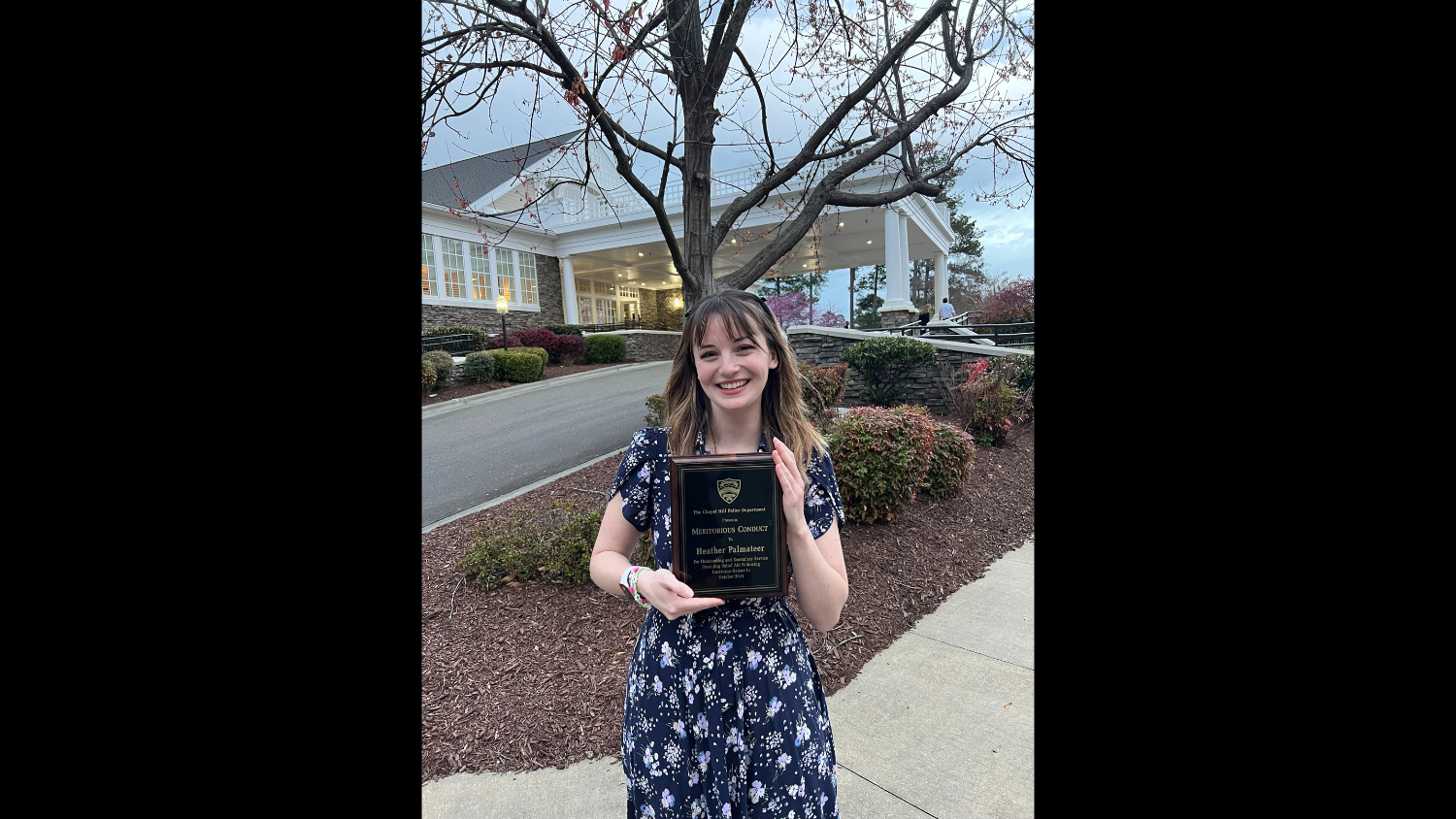COVID-19 and WakeMed Hospital – How Social Workers Are Making a Difference

Recently, Beth Villena (BSW ’89 and Director of WakeMed’s Rehabilitation Hospital) was featured in NC State’s Humanities and Social Sciences “How I Think and Do” series. We followed up with her to discuss the regional impact COVID-19 has had on WakeMed Hospital in Raleigh, NC.
So, how has COVID-19 affected our local hospitals and healthcare workers? According to Ms. Villena, “On the one hand, everything is different and on the other hand, nothing has changed. Everything is different in that my work (and that of just about every leader in this organization) has become completely focused on managing through this crisis. Days are filled with webinars and work is focused on finding a balance between getting through the challenges of the day, while planning for worst-case scenarios.”
Short-term, WakeMed Rehab deals with many of the challenges our nation’s healthcare institutions are currently facing. “Daily concerns involve changing policies and procedures to protect patients and staff, addressing staff fear, responding to staff members’ requests for personal accommodations, balancing having too many staff in one area with shortages of staff members in another and ensuring we have enough Personal Protective Equipment (PPE) for today and the future,” she said. Though, Ms. Villena notes future planning involves,”…contingency plans for how we would respond in the event of a surge of patients needing our help and how the Rehab Hospital could and should position ourselves to be prepared to be part of the recovery for our health system and community.”

Meanwhile, WakeMed Rehab has worked continuously to ensure patients have access to their healthcare programs. The hospital still has many patients in need of standard rehabilitation care, in addition to those affected by COVID-19. “We are far enough along in the fight against this virus that we are beginning to have the opportunity to take care of those who have been severely ill but are now experiencing recovery. Patients who have been hospitalized from the virus are often faced with severe deconditioning, as well as neurological problems that the Rehab Hospital is well-positioned to address,” said Beth Villena.
Due to the virus, many changes have been made and have slowly become the “new norm” in our daily lives. This is also the case for WakeMed, and they have put many precautions in place to protect their staff, patients, and their families. Ms. Villena stated, “We have closed many of our entrances and we now have staff sitting at each open door, taking temperatures and checking those who enter for signs and symptoms of the virus. Except in very specific circumstances, we are unable to allow visitors. This means we have a different level of responsibility to ensure our families have the information they need regarding their loved one. They are no longer able to be here and see the progression, asking questions of caregivers along the way. In order to prevent a lack of preparation at the time of discharge, it is incumbent on us to prepare them for how their loved one is progressing and what types of support will be needed to care for them at home.”
Necessary, but difficult, decisions such as these have affected even the most basic of daily operations. “Practical things like patient laundry have become our responsibility too. Before COVID-19, families exchanged clean for dirty laundry but their limited access has placed this task on the list of things to do for our staff,” said Ms. Villena.
Throughout these challenges, Beth Villena has applied her social work background to make effective decisions. The values of integrity, the importance of human relationships, and the dignity and worth of the person have been on her mind frequently. “This virus taps into people’s fears and everyone responds to fear in a unique way. My goal is to arm patients and staff with the transparent information that they need, when they need it so they can move forward in these uncertain times,” she said. By acknowledging and validating their approach to each individual, staff members and patients maintain a sense of value during their time with WakeMed Rehab.
Though, conveying a sense of value and emphasizing the importance of the human relationship isn’t a simple task during these times. In perhaps the most insightful message of our interview, Ms. Villena stated, “Because of our goal to maintain social distancing and keep people safe with the increased use of PPE, so many personal touches are missing, such as facial expressions, a soft touch on the shoulder or back, a hug, or having lunch with someone. This means we have to be even more intentional to communicate gratitude, warmth, kindness, and love to those around us.”
Looking forward, many people are considering ways they can combat this virus. According to Ms. Villena, “Research shows that a relatively large percentage of people who test positive for the virus show no signs or symptoms. Therefore, they are unknowingly putting other more vulnerable people at risk as they go out and about. I know it is hard, but if people can stay home, it truly will make a difference.”


